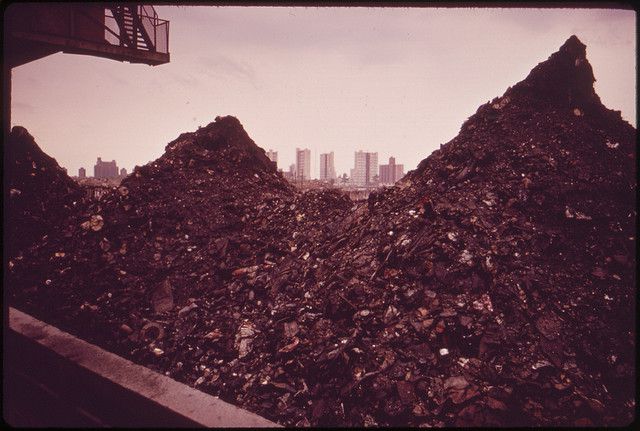-
 CloudSat
CloudSat
-
 Pulsar
Pulsar
-
 Tsunamite
Tsunamite
-
 West Nile Virus Disease
West Nile Virus Disease
-
 Spectral line
Spectral line
-
 VLT
VLT
-
 Allosteric regulation
Allosteric regulation
-
 Gastrulation
Gastrulation
-
 Pan
Pan
-
 Axial
Axial
-
 Mars
Mars
-
 Cilia
Cilia
-
 Jet Propulsion Laboratory
Jet Propulsion Laboratory
-
 Home automation
Home automation
-
 Stomach
Stomach
-
 Osteosarcoma
Osteosarcoma
-
 Weak opiate analgesic
Weak opiate analgesic
-
 Light field microscope
Light field microscope
-
 Animat
Animat
-
 Heat lightning
Heat lightning
-
 Nematicides
Nematicides
-
 Mechanical ventilation
Mechanical ventilation
-
 Structural type
Structural type
-
 ITS
ITS
-
 Sign
Sign
-
 Tornado
Tornado
-
 Hyades
Hyades
-
 Sweat gland
Sweat gland
-
 Complication
Complication
-
 Genetic polymorphism
Genetic polymorphism
London Convention
The Convention on the Prevention of Marine Pollution by Dumping of Wastes and Other Matter adopted in 1972 in London, more simply called the London Convention, is one of the first international treaties on the protection of the marine environment.
Objective of the London Convention
The objective of this convention is to prevent maritime pollution, particularly by incineration and dumping of waste in the ocean (industrial waste, nuclear waste....).
Regulation on dumping waste at sea
The 1972 treaty was complemented and updated in 1996 by the London Protocol. The latter prohibits all incineration at sea and most dumping, with the exception of some dumping that is on a counter-list.
The counter-list includes certain types of inert waste (rubble, concrete) biodegradable waste (fish waste, plants) and shipwrecks. Dumping this type of waste is regulated and included in procedures to reduce environmental impacts.
The protocol also introduces new concepts such as the precaution principle and the polluter-pays principle. It also expands the convention to land-based applications by encouraging the development of land-based pollution prevention solutions and waste treatment solutions.
 A barge carrying incineration waste to be dumped at sea (New York, 1973). © Arthur Tress / U.S. National Archives
A barge carrying incineration waste to be dumped at sea (New York, 1973). © Arthur Tress / U.S. National Archives
Latest
Fill out my online form.



